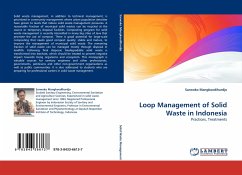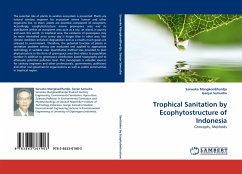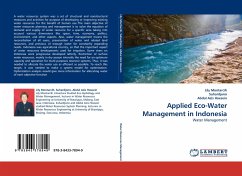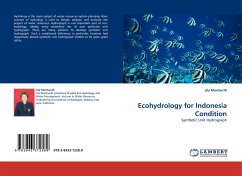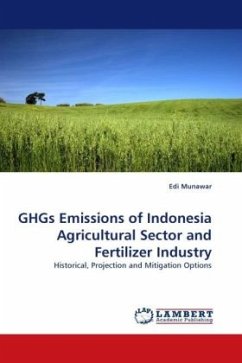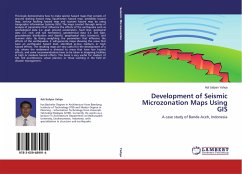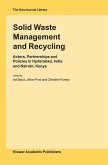Solid waste management, in addition to technical management, is prioritized in community management where urban population densities have grown to levels that induce solid waste management pressures. A reasonable fraction of municipal solid wastes can be recycled at the source or temporary disposal facilities. Composting program for solid waste management is recently intensified in many big cities of Java that promote the use of compost. There is good potential for large-scale composting that needs good compost quality: stable and mature, to improve the management of municipal solid waste. The remaining fraction of solid waste can be managed mostly through disposal in landfills. Following final disposal, biodegradable solid waste is transformed into leachate, which should be treated to prevent negative impact towards living organisms and ecosystem. This monograph is valuable sources for sanitary engineers and other professionals, governments, politicians and other non-government organizations as well as public communities. It is also addressed to students who are preparing for professional careers in solid waste management.
Bitte wählen Sie Ihr Anliegen aus.
Rechnungen
Retourenschein anfordern
Bestellstatus
Storno

